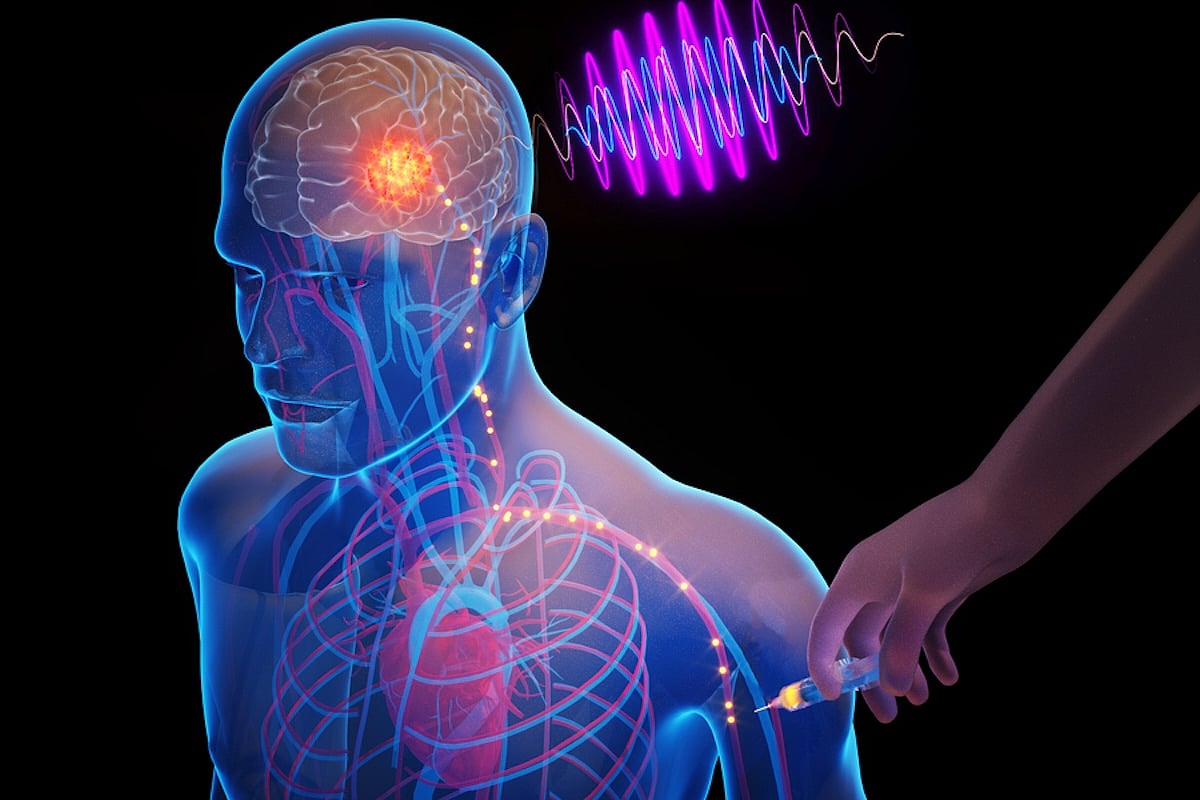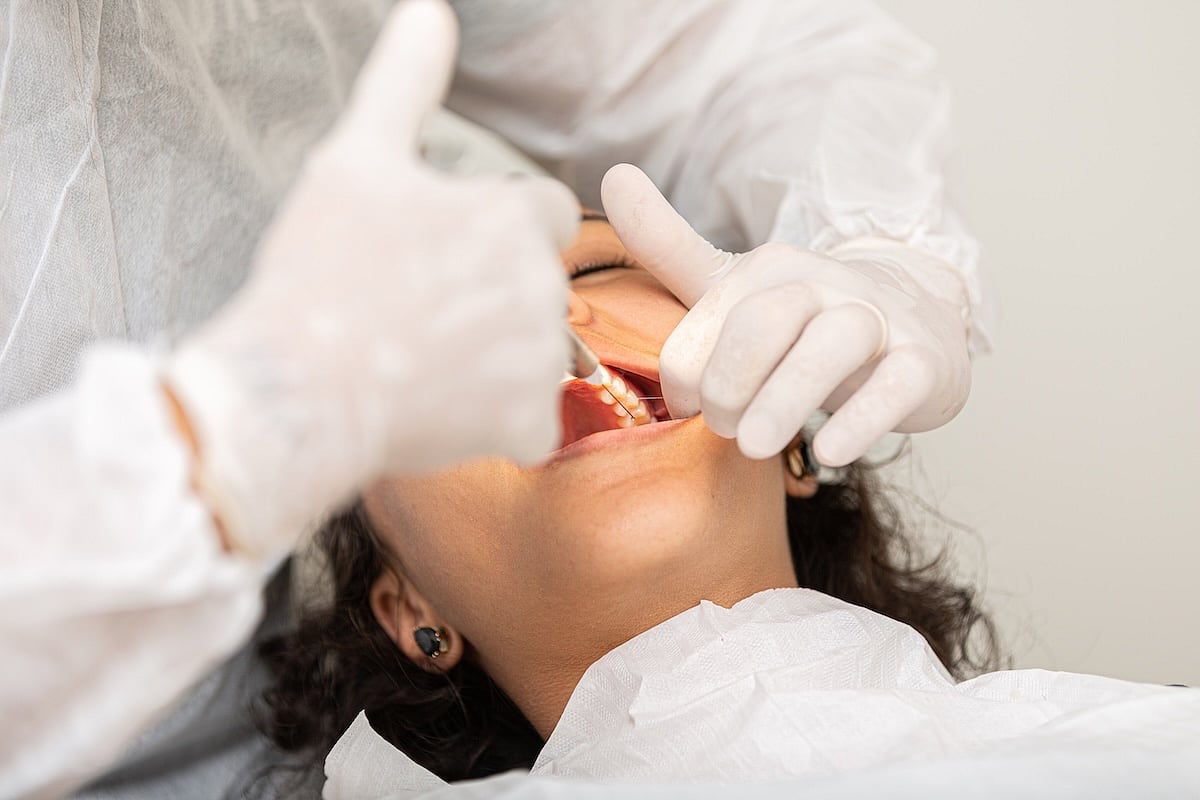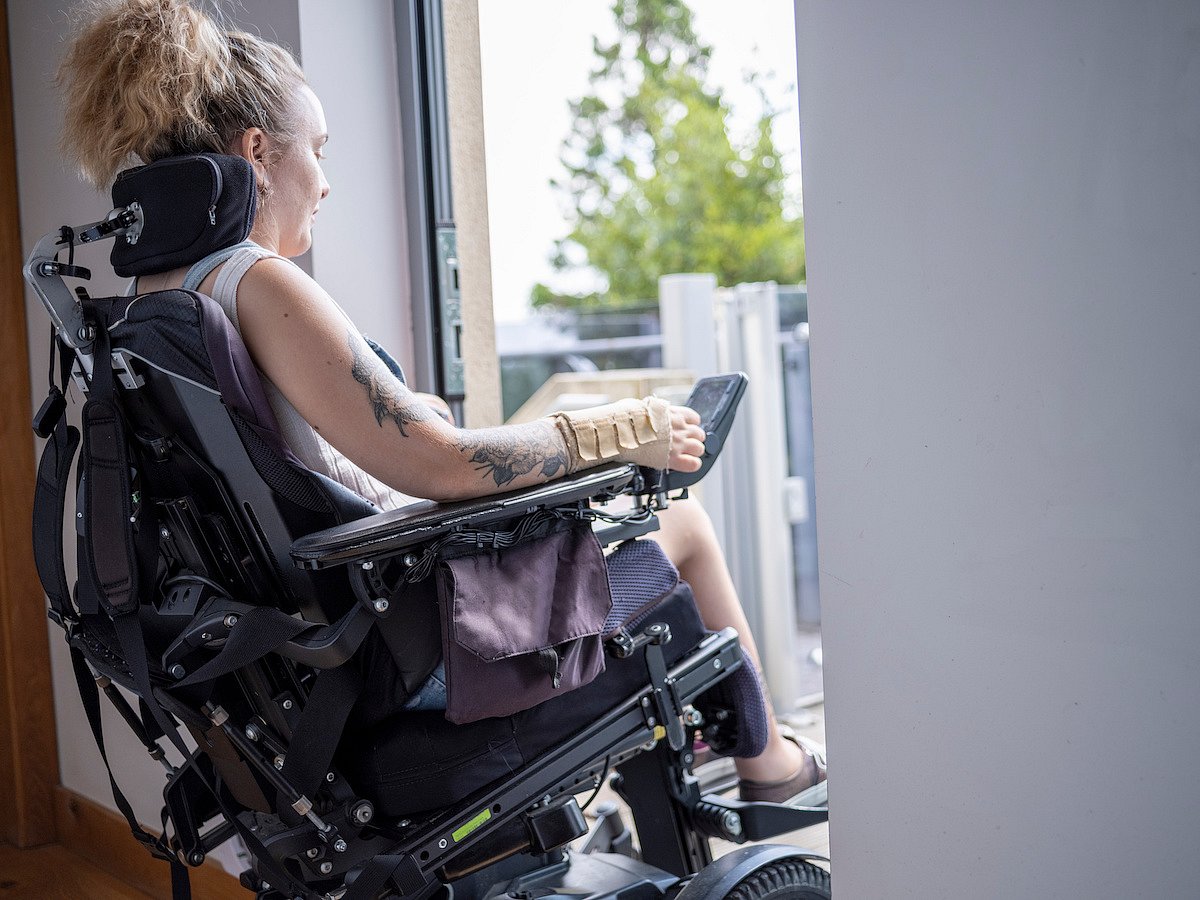
Imagine a brain implant that could be placed without surgically opening a person’s skull, but instead through a simple injection in the arm. Massachusetts Intitute of Technology researchers are working on microscopic, wireless electronic chips that can travel through the bloodstream and self-implant in a targeted region of the brain. In a study with lab… read on > read on >






























